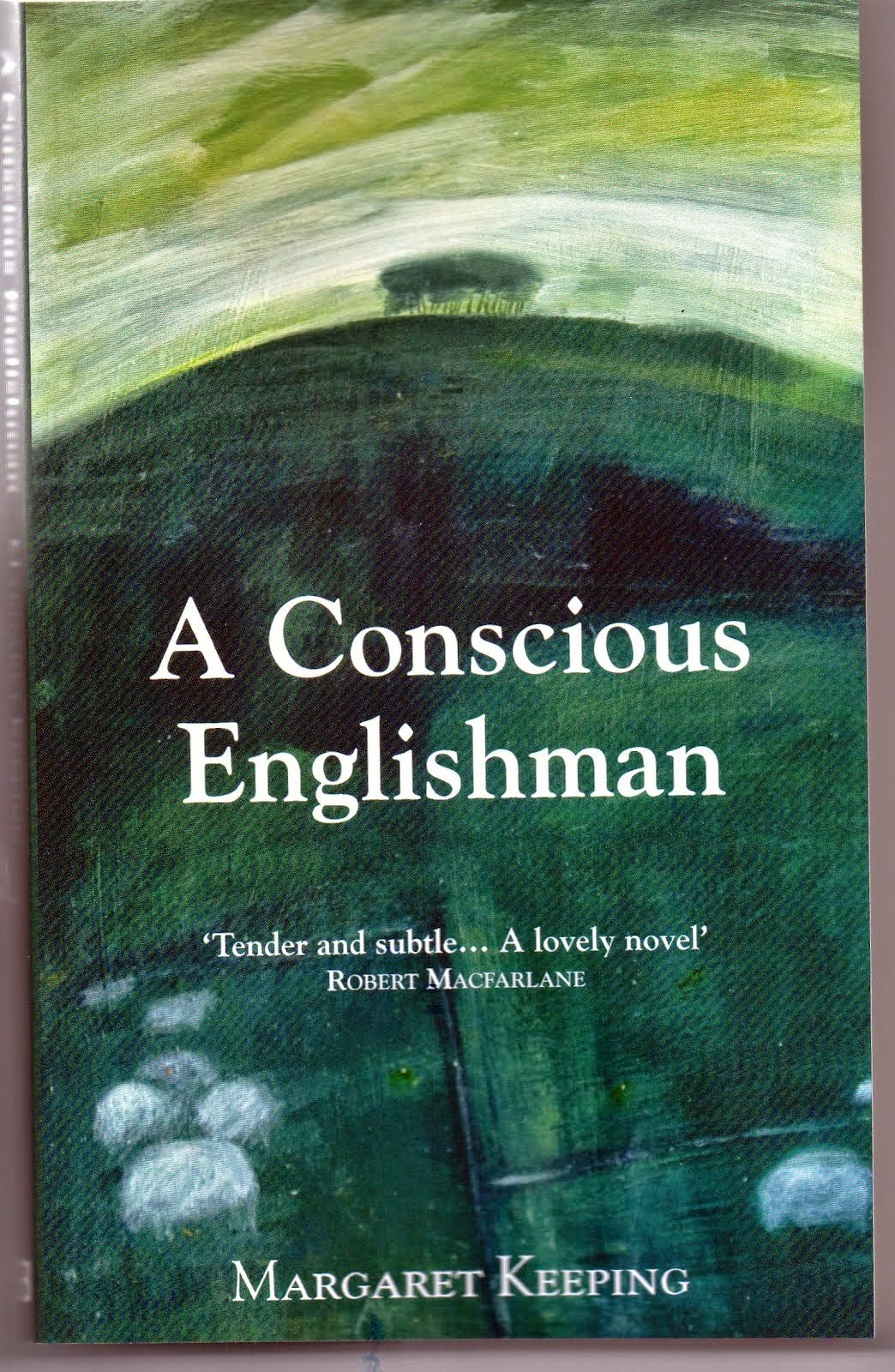Both written or at least begun on the 8th January 1915
We may think there is nothing new to say about Adlestrop, but Edna Longley's marvellous notes to her edition sees the intense juxtaposition of composition showing a development. Tears has history and ambiguity, reflecting the violence of hounds and soldiers as well as their beauty, and perhaps stirrings of conscience about the enlisting issue.
Adlestrop - and perhaps that's why it's so easy to love - is an appreciation of England 'aesthetically' only, something about which, after the epiphany of the autumn before, Thomas was beginning to feel uncomfortable.
But how wonderful that he could use his memories and his field notebooks to create these works while sitting in a deck-chair in the living room with his leg propped up, taking up most of the room and no doubt grumbling at everything Helen was doing.
Tears
It seems I have no tears left. They should have fallen---
Their ghosts, if tears have ghosts, did fall---that day
When twenty hounds streamed by me, not yet combed out
But still all equals in their rage of gladness
Upon the scent, made one, like a great dragon
In Blooming Meadow that bends towards the sun
And once bore hops: and on that other day
When I stepped out from the double-shadowed
Tower Into an April morning, stirring and sweet
And warm. Strange solitude was there and silence.
A mightier charm than any in the Tower
Possessed the courtyard. They were changing guard,
Soldiers in line, young English countrymen,
Fair-haired and ruddy, in white tunics.
Drums And fifes were playing 'The British Grenadiers'.
The men, the music piercing that solitude
And silence, told me truths I had not dreamed,
And have forgotten since their beauty passed.

